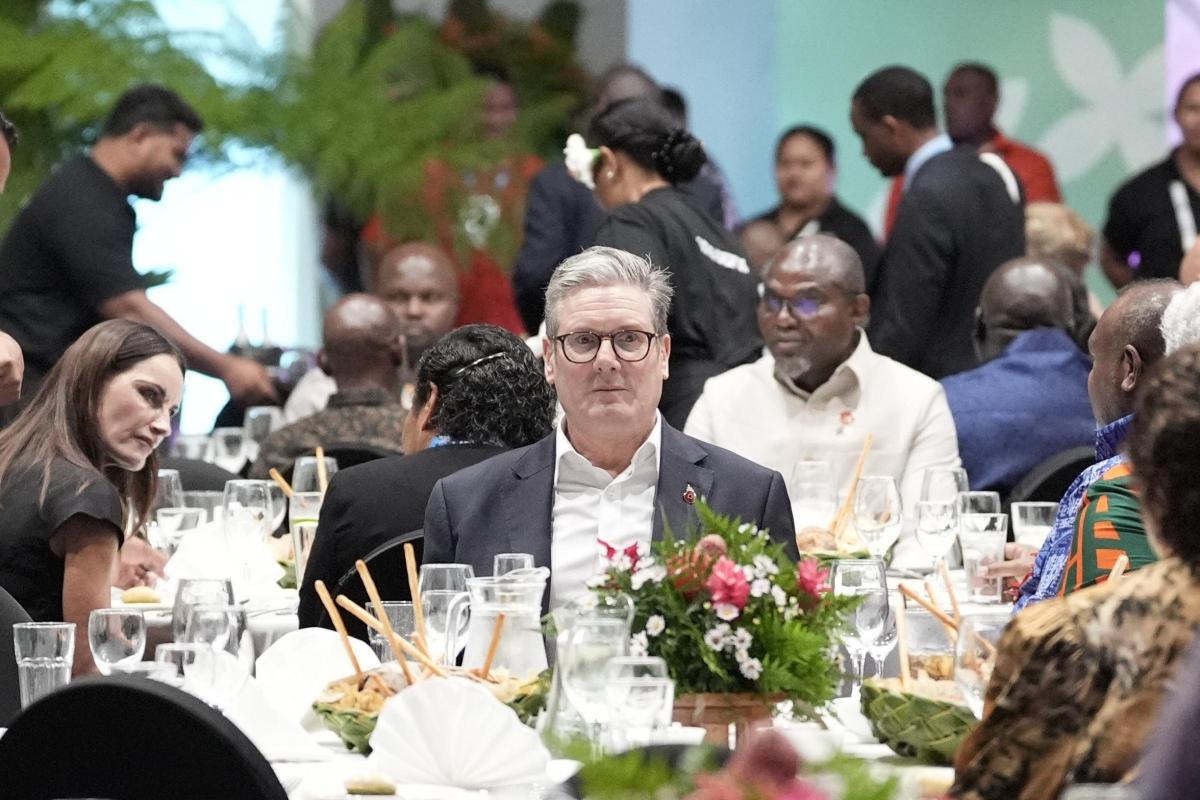Commonwealth nations urge UK to compensate for role in slave trade

As Commonwealth leaders convene in Samoa this week, discussions intensify over demands for the UK to provide reparations for its involvement in the transatlantic slave trade.
The call for reparations is expected to be a focal point of the summit’s final communiqué, potentially putting the UK under substantial financial and diplomatic pressure.
According to Sky News reports, delegates from several Commonwealth countries are preparing to advocate for “meaningful discussions” on compensation for slavery.
Should such discussions lead to an agreement, this move could drive the UK into significant financial commitments.
The summit runs from 21 to 26 October and includes prominent attendees such as King Charles III and UK Prime Minister Keir Starmer.
While Starmer has reportedly resisted including reparations in the official agenda, pressure from member states to address historical injustices is mounting.
The Commonwealth of Nations, consisting of 56 member states with historical ties to the former British Empire, aims to foster cooperation and goodwill.
However, many member states argue that true reconciliation requires acknowledging and compensating for the UK’s role in colonial oppression and the transatlantic slave trade.
Countries advocating for reparations include Jamaica, The Bahamas, and Saint Lucia, among others.
This call for reparations follows a growing wave of demands worldwide for former colonial powers to confront their imperial histories.
In 2023, Patrick Robinson, former judge at the International Court of Justice, stated that the UK must no longer ignore its colonial responsibilities.
“The legacies of colonialism and slavery have had profound impacts on generations,” he noted, urging the UK to take action in redressing these historic injustices.
The Commonwealth summit in Samoa presents an opportunity for member states to reinforce their stance on the issue.
While it remains uncertain whether reparations will be included in the summit’s final communiqué, the debate signals a pivotal moment in the UK’s relationship with the Commonwealth, and many member states hope to see tangible commitments toward justice and reconciliation.
About The Author
dailymailafric
I am an avid African news observer, and an active member of Daily Mail Africa.
I’m Passionate about staying informed on diverse topics across the continent,
I actively contribute to publishing on political, economic and cultural developments in Africa.



